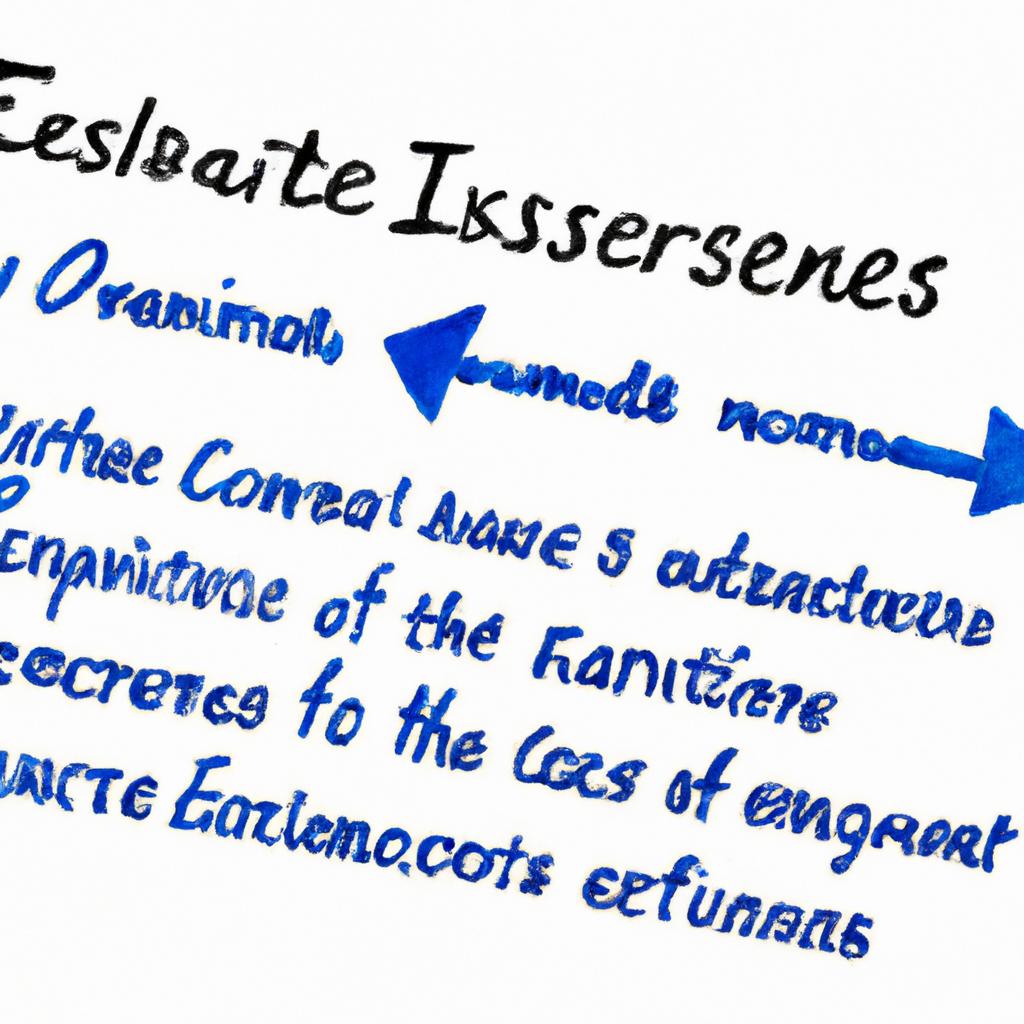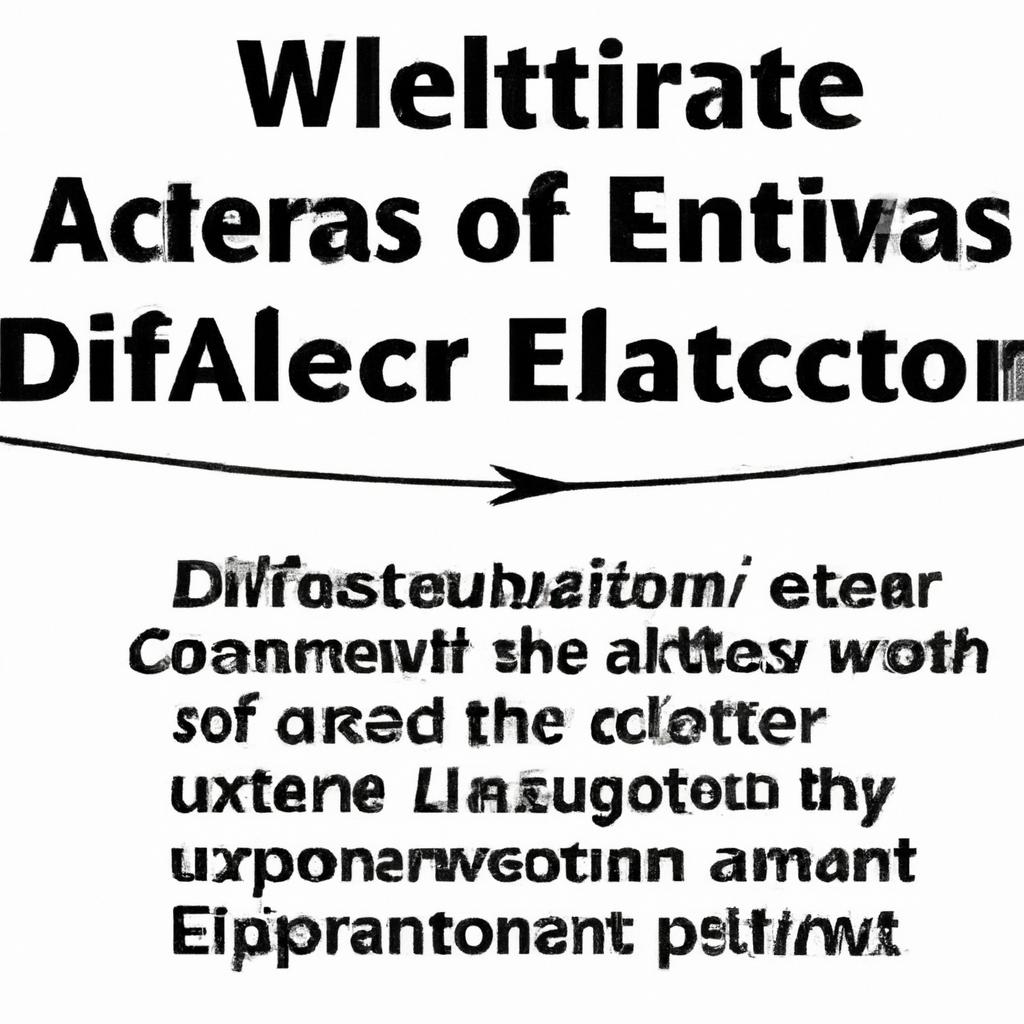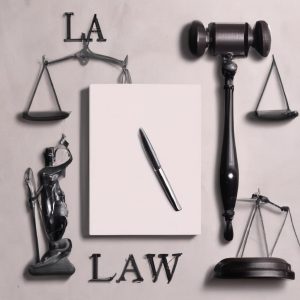In the intricate world of estate administration, the absence of a will can present a myriad of challenges for the appointed executor. As the steward of a deceased individual’s assets, debts, and final wishes, the role of an executor without a will is a complex and weighty responsibility that requires astute legal guidance. In this article, we will delve into the nuances of navigating the probate process as an executor of an estate without a will, offering insight and strategies to address the unique complexities that may arise. As experienced lawyers at Morgan Legal Group in New York City, we specialize in estate planning, probate, elder law, Wills, and trusts, and are committed to providing comprehensive support for executors facing this particular scenario.
Understanding the Role of an Executor of Estate without a Will
When a loved one passes away without leaving a will, it can create confusion and uncertainty regarding the distribution of their estate. As the executor of an estate without a will, it is important to understand the responsibilities and duties that come with this role.
As the executor of an estate without a will, you will need to:
- Identify and gather assets: You will need to locate and compile all assets belonging to the deceased.
- Pay debts and taxes: You are responsible for settling any outstanding debts and paying taxes owed by the estate.
- Distribute assets: After debts are settled, you must distribute the remaining assets according to the laws of intestacy in your state.

Key Responsibilities and Duties of an Executor in Intestate Succession
When appointed as the executor of an estate without a will, it is crucial to understand the key responsibilities and duties that come with the role. As an executor, you will be tasked with administering the estate and distributing assets according to the laws of intestate succession. This means that you must follow the legal guidelines set forth by the state in which the deceased resided, ensuring that the estate is settled fairly and in accordance with the law.
Some of the main duties of an executor in intestate succession include:
- Identifying and documenting assets: It is essential to create an inventory of all the deceased’s assets, including real estate, investments, bank accounts, and personal property.
- Notifying creditors and paying debts: The executor must notify creditors of the deceased’s passing and pay any outstanding debts using the assets from the estate.
- Distributing assets to heirs: Following the state’s laws of intestate succession, the executor must distribute the remaining assets to the deceased’s heirs as outlined by the law.

Challenges Faced by Executors in Distributing Assets without a Will
One of the most daunting tasks for an executor of an estate without a will is determining how to distribute the assets of the deceased. Without clear instructions from a will, the executor must navigate a complex legal process that can often lead to disputes among beneficiaries. Some of the include:
- Lack of clear instructions: Without a will, the executor must rely on state laws to determine how to distribute assets, which can be confusing and time-consuming.
- Disputes among beneficiaries: In the absence of a will, family members may disagree on how assets should be distributed, leading to potential legal battles.
| Assets | Distribution |
|---|---|
| Real Estate | Depends on state laws regarding intestate succession |
| Investments | Equally among beneficiaries unless specified by state law |

Recommendations for Executors in Navigating the Probate Process without a Will
When navigating the probate process without a will, executors must be prepared for a complex and time-consuming journey. To ensure a smooth administration of the estate, it is crucial for executors to follow these recommendations:
- Educate Yourself: Take the time to familiarize yourself with the probate laws in your state and the specific rules and procedures you need to follow.
- Compile an Inventory: Gather all relevant documents and information about the deceased’s assets, liabilities, and beneficiaries to create an inventory of the estate.
- Communicate with Beneficiaries: Keep beneficiaries informed about the progress of the probate process and address any concerns or questions they may have.
Furthermore, it is advisable to seek the guidance of an experienced estate planning attorney to help you navigate the probate process efficiently and effectively. With their expertise, you can avoid costly mistakes and potential disputes among beneficiaries.
| Benefit | Explanation |
|---|---|
| Legal Expertise | An attorney can provide valuable legal advice and guidance throughout the probate process. |
| Conflict Resolution | Attorneys can help resolve conflicts among beneficiaries and ensure a fair distribution of assets. |
| Efficiency | By working with an attorney, you can expedite the probate process and minimize delays. |
Q&A
Q: What does it mean to be an executor of an estate without a will?
A: Being an executor of an estate without a will means that you are responsible for managing and distributing the assets of the deceased person.
Q: How is an executor of an estate without a will appointed?
A: In the absence of a will, a court will typically appoint an executor based on their relationship to the deceased or their ability to responsibly handle the estate.
Q: What are the responsibilities of an executor of an estate without a will?
A: The responsibilities of an executor in this situation include locating and managing the deceased person’s assets, paying off debts and taxes, and distributing the remaining assets to heirs.
Q: Are there any challenges in being an executor of an estate without a will?
A: Yes, there can be challenges in this situation, such as locating all of the deceased person’s assets, dealing with potential disputes among heirs, and navigating the legal requirements of the probate process.
Q: How long does it typically take to settle an estate without a will?
A: The timeframe for settling an estate without a will can vary depending on the complexity of the assets involved and any disputes that may arise, but it can take several months to a year or more.
Q: Can an executor of an estate without a will be held personally liable for any mistakes?
A: Executors in this situation can potentially be held personally liable for mistakes or mismanagement of the estate, so it’s important to seek legal guidance and follow all necessary procedures carefully.
Closing Remarks
In conclusion, being named the executor of an estate without a will can be a daunting task, but it is not an impossible one. By following the proper legal procedures, seeking guidance from professionals, and communicating effectively with all parties involved, you can navigate the complex process of settling an estate without a will. While it may be challenging at times, fulfilling this role can ultimately bring a sense of closure and peace to both the deceased and their loved ones. Remember, you are not alone in this journey, and with patience and determination, you can successfully carry out your duties as an executor.






